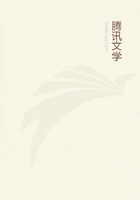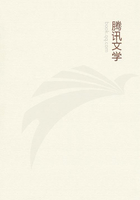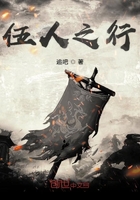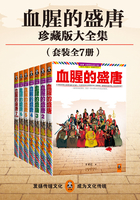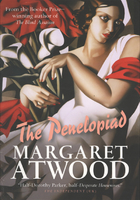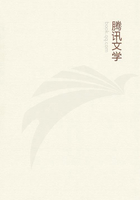Division of Labour: Town and Country [. . . .] [1] From the first there follows the premise of a highly developed division of labour and an extensive commerce; from the second, the locality. In the first case the individuals must be brought together; in the second they find themselves alongside the given instrument of production as instruments of production themselves. Here, therefore, arises the difference between natural instruments of production and those created by civilisation. The field (water, etc.) can be regarded as a natural instrument of production.
In the first case, that of the natural instrument of production, individuals are subservient to nature; in the second, to a product of labour. In the first case, therefore, property (landed property) appears as direct natural domination, in the second, as domination of labour, particularly of accumulated labour, capital. The first case presupposes that the individuals are united by some bond: family, tribe, the land itself, etc.; the second, that they are independent of one another and are only held together by exchange.
[1] Four pages of the manuscript are missing here.-Ed.
In the first case, what is involved is chiefly an exchange between men and nature in which the labour of the former is exchanged for the products of the latter; in the second, it is predominantly an exchange of men among themselves. In the first case, average, human common sense is adequate -- physical activity is as yet not separated from mental activity; in the second, the division between physical and mental labour must already be practically completed. In the first case, the domination of the proprietor over the propertyless may be based on a personal relationship, on a kind of community; in the second, it must have taken on a material shape in a third party-money. In the first case, small industry exists, but determined by the utilisation of the natural instrument of production and therefore without the distribution of labour among various individuals; in the second, industry exists only in and through the division of labour.
The greatest division of material and mental labour is the separation of town and country. The antagonism between town and country begins with the transition from barbarism to civilisation, from tribe to State, from locality to nation, and runs through the whole history of civilisation to the present day (the Anti-Corn Law League).
The existence of the town implies, at the same time, the necessity of administration, police, taxes, etc.; in short, of the municipality, and thus of politics in general. Here first became manifest the division of the population into two great classes, which is directly based on the division of labour and on the instruments of production. The town already is in actual fact the concentration of the population, of the instruments of production, of capital, of pleasures, of needs, while the country demonstrates just the opposite fact, isolation and separation. The antagonism between town and country can only exist within the framework of private property.
It is the most crass expression of the subjection of the individual under the division of labour, under a definite activity forced upon him -- a subjection which makes one man into a restricted town-animal, the other into a restricted country-animal, and daily creates anew the conflict between their interests. Labour is here again the chief thing, power over individuals, and as long as the latter exists, private property must exist. The abolition of the antagonism between town and country is one of the first conditions of communal life, a condition which again depends on a mass of material premises and which cannot be fulfilled by the mere will, as anyone can see at the first glance. (These conditions have still to be enumerated.)
The separation of town and country can also be understood as the separation of capital and landed property, as the beginning of the existence and development of capital independent of landed property -- the beginning of property having its basis only in labour and exchange.

